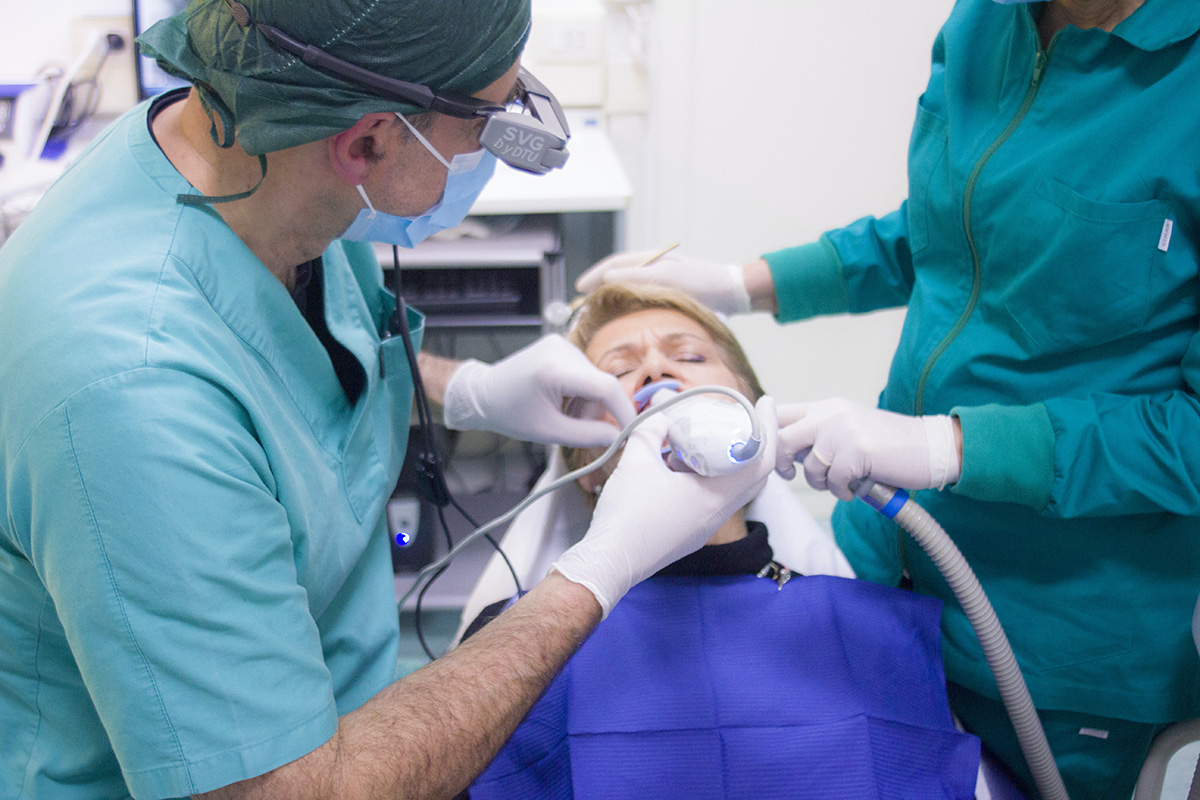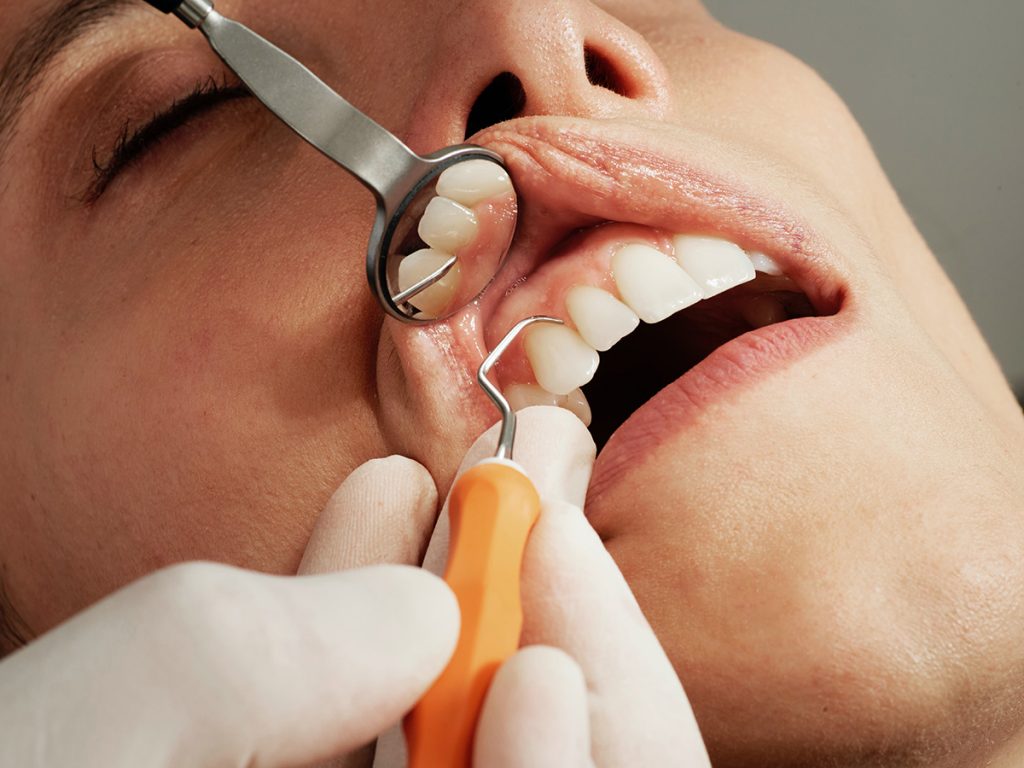The fact that three-quarters of British adults do not have half their full set of permanent natural teeth – in fact, six per cent do not have any of their natural teeth still standing – gives one a good glimpse into the state of our oral health. Only a mere 10 per cent are found to have all of their natural teeth. Out of those with one or more missing teeth, a very small percentage (10 per cent) are considered to be good oral health. The rest of this group commonly report dental problems, such as the following:
- Regular experience of dental pain
- Treatment requirement for cavities
- Eating difficulties due to poor oral health conditions
Often many of these problems are the result of not keeping to scheduled visits to the dental hygienist Richmond. A significant contributor to avoiding the dental practitioner is fear of dental care, commonly referred to as dental anxiety or dental phobia. Putting this into perspective in terms of numbers: 14 per cent of British adults experience severe symptoms of dental anxiety, and 22 per cent of adults admit to avoiding the dental chair because of their anxieties and phobias.
Most of these dental anxieties involve wanting to avoid treating cavities, avoid the prospect of receiving local anaesthetic through injectables, not wanting to hear bad news, preferring not to receive a scale and polish session and the time having to wait in the reception area or waiting room.
Modern day dentistry accommodates for patients who suffer from dental anxieties by providing dental practitioners with a diverse array of techniques to help ease these anxieties. Dental clinics too, can implement a number of measures to help with dental phobia. Patients can take measures of their own before their appointments. These can include listening to relaxing music, deep breathing exercises and taking along a friend for support.
How to take better care of oral health
We depend on our teeth for many familiar functions, from biting and chewing food to feed our bodies to allowing us to talk and pronounce words clearly enough to promote understanding. Let us not forget the ability to smile confidently and that has a whole host of its own rewards. Then there are those functions that we don’t think about, like teeth giving shape to the face. Because of these functions teeth perform that relate to quality of life, it is of the utmost importance that we care for them to continue to enjoy a life-long service of natural adult teeth.

On the list of the Oral Health Foundation’s recommended techniques are a number of tips for good dental health.
Daily brushing of teeth
This must be performed twice, one of which is at the end of the day, before going to sleep. Performing this obligatory oral health responsibility at this time is also a golden opportunity to floss which is another non-voluntary duty.
Use a specially-formulated fluoride toothpaste that targets strengthening enamel. Patients must also remember to choose their toothbrush wisely. If a manual toothbrush is preferred, make sure the size of the toothbrush head is appropriate for size of mouth, and soft and flexible enough to reach all sections of the dental arches.
If in doubt about oral hygiene practice, please seek some advice from your dental practitioners.

